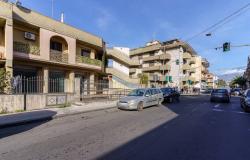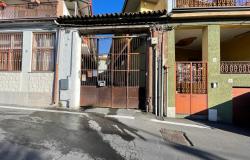 Old habits appear to die hard for Bernardo Provenzano, the elusive Mafia king who was arrested in April after 43 years on the run.
Old habits appear to die hard for Bernardo Provenzano, the elusive Mafia king who was arrested in April after 43 years on the run.
The once omnipotent head of Cosa Nostra used to govern the Sicilian Mob's activities by sending instructions to his colonels in the form of written messages or 'pizzini'.
These 'pizzini' were written on an old typewriter, then folded up up tightly and given to his personal 'postmen' to deliver by hand.
Since being incarcerated in a high-security jail in the central Italian town of Terni, where he is kept in solitary confinement, Provenzano has not been able to pass on any instructions to anyone.
But according to prison director Francesco Dell'Aira, the former superboss continues to write things down on little pieces of paper whenever he can.
He writes down what happens to him during the day, noting details of a doctor's visit or what he eats. He appears to be gradually and methodically assembling a sort of journal made up of dozens of 'pizzini'.
Dell'Aira said that Provenzano passes his days alone in his cell, reading his bible and making his notes. His only contacts are with the prison police and family members who are allowed to visit once a month.
Meanwhile, Provenzano's past production of pizzini - many of which were found by police in the farmhouse where he was hiding - is still being studied by police for information about Mafia operations.
Because of the picturesque contrast they offer to mobile phones and email, the concept of 'pizzini' has struck a chord with many Italians and become an integral part of their image of the legendary Mafia chieftain.
The paper messages now feature in the routines of television comedians. In banks and offices, where people used to send out 'memos' and 'reports', employees playfully promise each other that a 'pizzino' is on the way.







